Italy local time
Kuwait local time
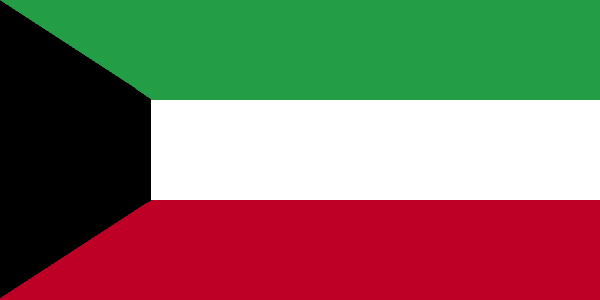
Kuwait is a small country located in the Middle East at the tip of the Arabian Gulf. The origin of Kuwait’s name is based on its geographic location; it derives from the Arabic word “Kout” which translates to “a fortress near the water”. Kuwait is one of the oldest regions inhabited by man, resulting in a rich and profound history.
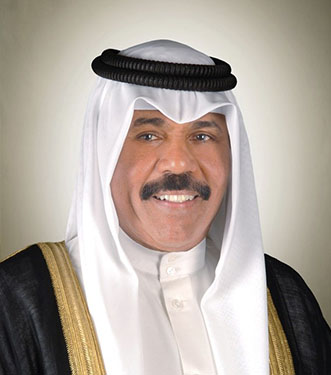
His Highness The Amir
Sheikh Nawaf Al-Ahmad Al-Jaber Al-Sabah
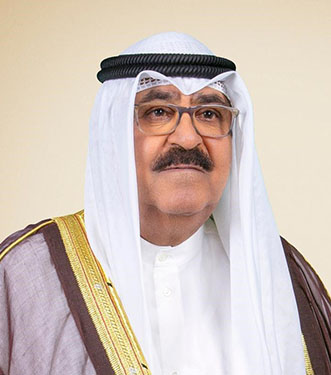
His Highness The Crown Prince
Sheikh Mashal al-Ahmad al-Jaber al-Sabah
As the head of state, the Amir is a symbol of respect who remains above responsibility. Ever since Sheikh Sabah The First assumed leadership of Kuwait in 1756, his descendants have ruled over the country unchallenged
His Highness The Amir Sheikh Nawaf Al-Ahmad Al-Jaber Al-Sabah became the new head of state on September 30, 2020. Before taking office, the Amir took the following oath before the National Assembly: "I swear by Almighty God that the Constitution and the laws of the State respect the liberties, interests and property of the people and defend and preserve the independence and territorial integrity of the country."
The Amir is both Head of State and Supreme Commander of The Armed Forces. He has the power to appoint the Prime Minister and to relieve him of his dutiesas well as he has the right to implement new laws.
Kuwait's current Crown Prince is His Highness (HH) Sheikh Mashal Al-Ahmad Al-Jaber Al-Sabah.
The Crown Prince is the Heir Apparent to the Amir of the State of Kuwait. He is designated by an Amiri Order upon the nomination of the Amir and the approval of the National Assembly, which takes place by the majority vote of its members.
On June 19, 1961, the Amir of Kuwait, Sheikh Abdullah Al-Salem Al-Sabah, announced the Independence of Kuwait; allowing it to be a sovereign independent state and to create its own government.
Kuwait’s government is a constitutional emirate, headed by the Amir, with a semi-democratic political system, consisting of the popularly-elected parliament and executive branch. The system of government is based on the principle of the separation of powers, yet, in co-operation with each other. Legislative power is invested in the Amir and the cabinet, while judicial power is invested in the courts. The Amir has the right to initiate sanctions, and promulgate laws. No law can be promulgated unless it has been passed by the National Assembly (Kuwait’s Parliament) and sanctioned by the Amir. In addition, the Council of Ministers (The Cabinet) formulates government policies, pursues its execution and oversees the functioning of the public administration.
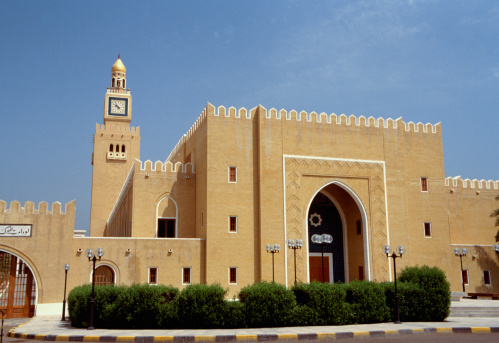
As the government is a constitutional emirate, “under which sovereignty resides in the people, the source of all powers”, individual property, capital, and employment rights are deemed fundamental constituents of the social structure of the state and of national wealth.
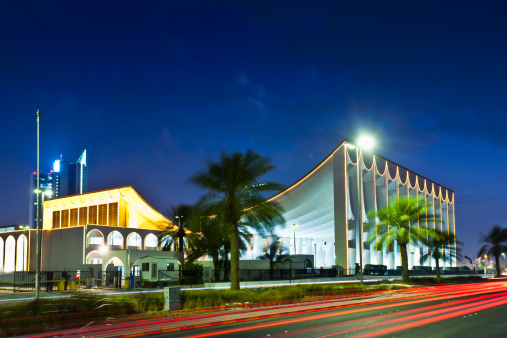
The National Assembly (Kuwait’s Parliament) comprises of elected members from each of the districts in Kuwait and of non-elected Ministers (up to one third of the number of elected members).
Each member of the National Assembly (Kuwait’s Parliament) has the right to initiate bills and to address questions and interpellations to the prime minister and the ministers on matters falling within their responsibility.